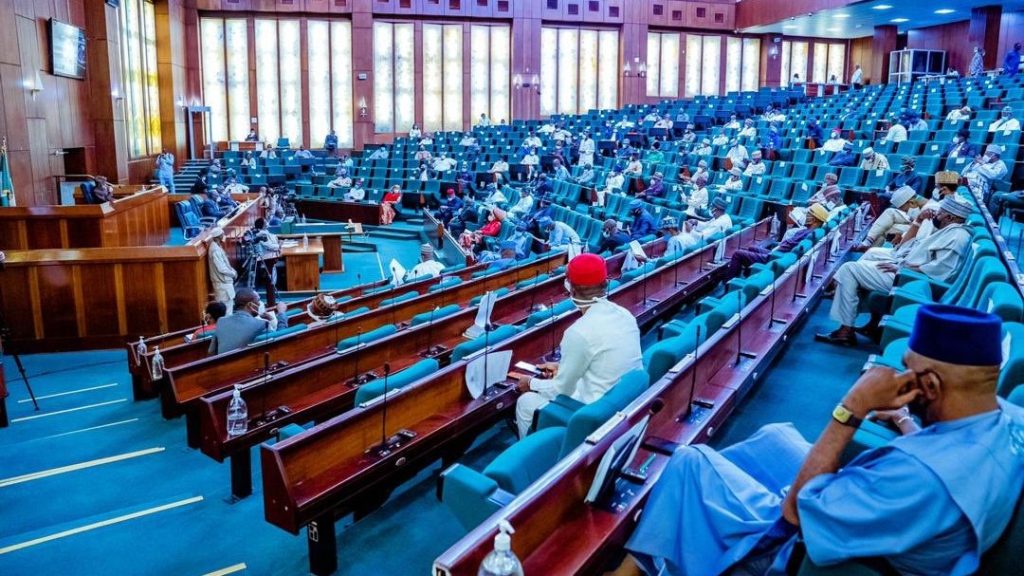
Osamagbe Imadiyi
Nigerians have been reacting in droves since the House of Representatives announced on Thursday, February 6, that it has received proposals for the creation of 31 new states in Nigeria’s six geopolitical zones as part of the ongoing review of the 1999 constitution (as amended), and that it is ready to consider the proposals once they meet the requirements.
From regional organizations to professionals and individuals, the responses span all age groups, religions, ethnicities, and professions. The country would have 67 states instead of the current 36 if the proposed states were established. There are currently only five states in the South East of Nigeria’s 36 states. There are seven states in the North West, compared to six in the South West, South-South, North Central, and North East.
An analysis of the proposals showed that the Green Chambers in the North Central received requests to upgrade the Federal Capital Territory (FCT), Abuja, to the status of a state and to create seven new states, including Benue Ala, Apa Agba, and Apa states from the current Benue State; Okun, Okura, and Confluence states from the current Kogi State. Additionally, plans exist in the Northeast to create the states of Amana, Katagum Savannah, and Muri from the current states of Adamawa, Bauchi, Borno, and Taraba, respectively. Likewise, there are plans to establish five new states: Kainji from Kebbi State; Tiga and Ghari states from the current Kano State; and New Kaduna and Gurrara from the current Kaduna State.
The proposed states in the South East are Aba, Orashi, and Orlu, which will be formed from Imo and Abia states; Adada, which will be formed from Enugu State; and Etiti, which will be separated from the five states that currently make up the region. The advocates for new states in the South-South want Obolo State to be formed from the current Rivers and Akwa Ibom states, and Ogoja, Warri, and Bori states to be formed from Cross River, Delta, and Rivers states, respectively. Six new states are proposed to be formed from the South West. The suggested states are Ibadan and Lagoon, which would be separated from Oyo and Lagos states, respectively, and Toru-ebe, which would be separated from the current Delta, Edo, and Ondo states. The creation of Oke-Ogun and Ife-Ijesha states from the current Ogu, Oyo, and Osun states, as well as Ijebu State from the current Ogun State, are the others.
However, some have countered that the establishment of states benefits marginalized people and applaud the proposals, provided they adhere to the rules that the lawmakers previously reaffirmed. Once more, there are those who oppose the establishment of additional states in Nigeria but who think that the South East should be granted one more state to ensure equity, justice, and fairness and to put the region on par with its neighbors.
Afenifere, the top Yoruba socio-political organization, and the Arewa Consultative Forum (ACF) are two regional organizations that have vehemently opposed the action. The proposed state creation has been characterized by both bodies as needless and absurd. The top Igbo sociocultural organization, Ohanaeze Ndigbo Worldwide, takes a different tack, though. It believes that in order to right the wrongs done to the region in terms of state creation, more states ought to be awarded to the Southeast. Even the new proposal, according to National Publicity Secretary Ezechi Chukwu, aims to suppress the region as usual, with only five states. He called this development totally unacceptable.

